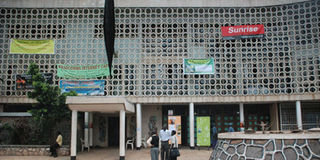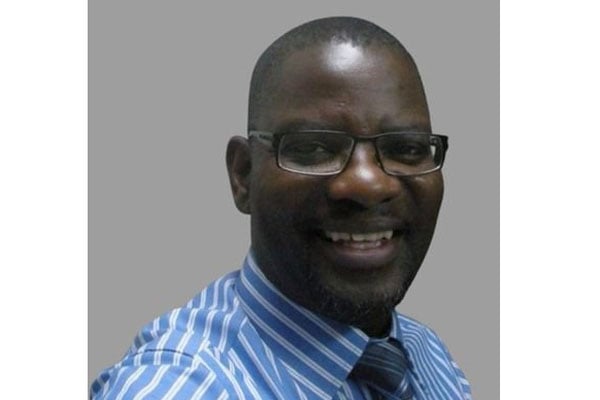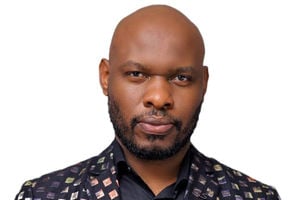Prime
Uganda National Cultural Centre’s real problem is structural dysfunctionality

The Uganda cultural centre
The management of Uganda National Cultural Centre is caught up in a standoff with a section of creative and performing artistes over reports that land occupying the National Theatre parking has been allocated to a private developer to construct two commercial ‘culture towers’. The identity of the private developer and the details of this are yet to be revealed.
The artistes have charged that Uganda National Cultural Centre (UNCC) has had a long history of ignoring their interests and aspirations. Hence, this allocation or/and giveaway of land to the developer is seen as an extension of this inattention.
This is more so since no dialogue has been had between the artistes, UNCC, and the purported developer about how the new facility will cater for the creative, innovative, artistic, and performative interests, potentials, needs, and aspirations of the artistes, who include, but are not limited to, dancers, musicians, composers, choreographers, playwrights, actors, poets, creative writers, directors, conductors, stage managers, researchers, educators, and costume, technical, and lighting designers.
The crises at UNCC are profounder than the present gridlock can divulge. They have roots in structural dysfunctionality: on the one hand, as an organisation that is mandated to, support, guide, oversee and preside over artistic and cultural activities, UNCC is nationalised in its administrative, operational, and managerial structures.
The managers are appointed by the government under the auguries of the ministry of gender, labour, and social development. On the other hand, the community that the institution is serving – artistes - is purely private, with very marginal representation on the administrative boards.
The synergy between UNCC as a nationalised institution and the creative and performing arts economy as a predominantly, if not, entirely private sector is yet to be harmonised. The managers are not accountable to the artistes, the constituency that they are paid to serve. Hence, there are no checks and balances from and between all stakeholders to make this private-public sector partnership constructive, productive, meaningful, and effective. There is need for policy review to address these structural gaps and identify and long-term solutions to these inherent structural dysfunctionalities.
Overtime, artistes have sought alternative spaces to experiment with their ideas, explore creative possibilities, produce and circulate artistic products, and reach out to and grow clientele for their creative outputs. These spaces include performance venues in hotels, stadiums, recreation centres, open communities, and youth centres. Although these creative and artistic alternatives have enhanced the artistes’ innovation, they have also covered up for the managerial incompetence at UNCC. UNCC managers can revive its relevance by availing opportunities, spaces, programmes, and ideas to the creative and performing arts fraternity with intention to stimulate this resourceful potential and innovative goodwill.
From the viewpoint of creative and performing artistes, there is urgent need for honest discourses that aim to explore how structures can be established to transform the creative economy into a creative industry.
Ever since the creative and performing arts industry experienced boom in the 1990s, it has largely remained informal and dispersed. As such, there is not structural or institutional foundations to coalesce actors into a critical mass to push for advocacy, mobilise and organise creative minds, and have a collective pursuance of the interests and aspirations of artistes. The existing performing arts associations are too individualised and factionalised to serve any interests beyond the ideas of those who started them.
The current crisis provides an opportunity for various stakeholders to initiate constructive dialogues that can identify and implement reforms at UNCC and in the creative and performing arts economy in its entirety. Such reforms should be anchored in long-term vision and mission that focus on positioning the creative and performing arts as drivers of social, cultural, economic, political transformation of communities.
Mr Mabingo is a PhD candidate of Dance Education and Pedagogy at the University of Auckland.




